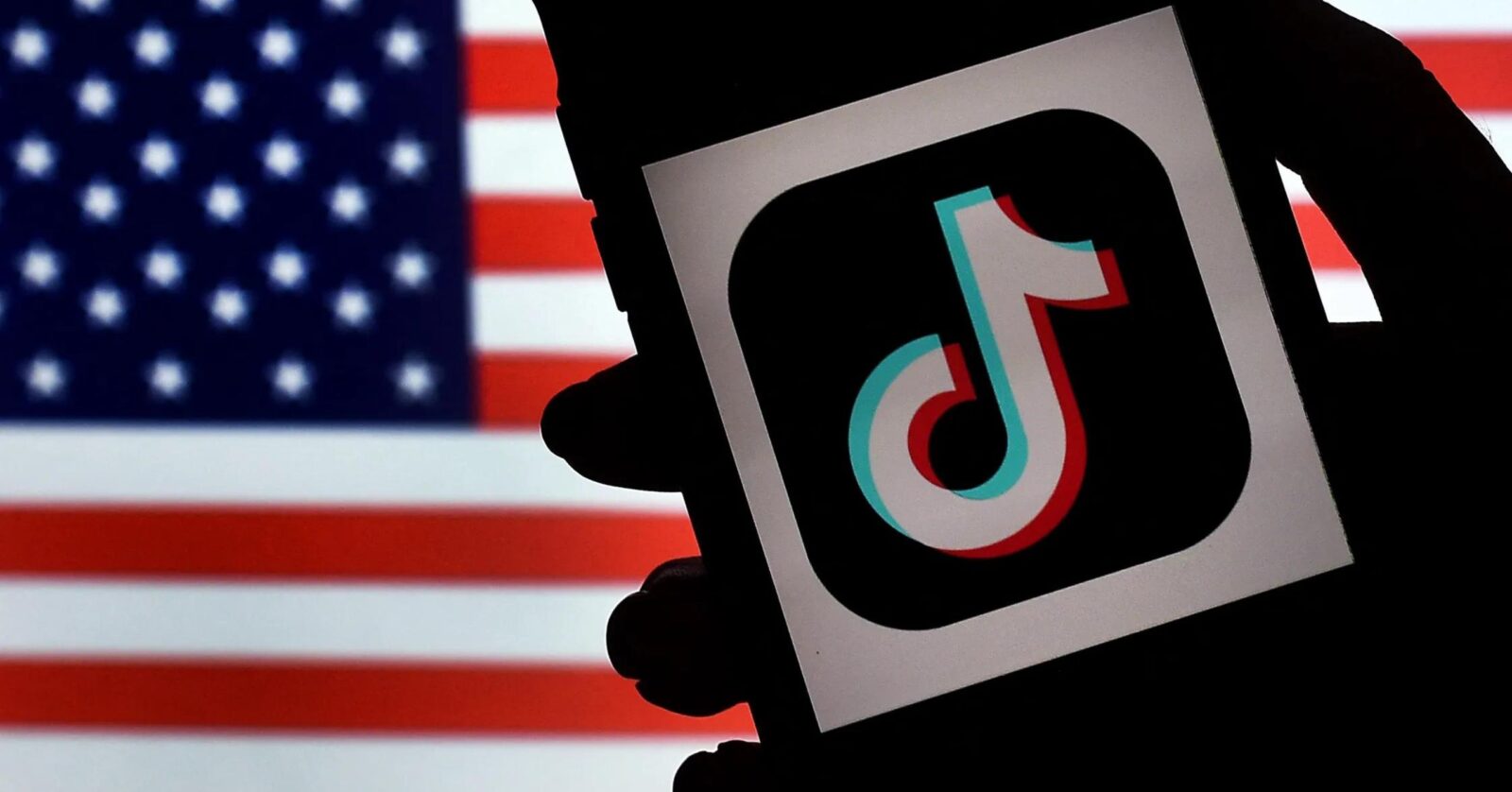US House Passes Bill Forcing ByteDance To Sell TikTok, While Senate Uncertainty Looms
In the scenario that the bill passes through the US Senate, the possibility of TikTok being banned in the United States may very well be a reality.

Courtesy of Olivier Douilery/AFP for Getty Images
Courtesy of Olivier Douilery/AFP for Getty Images
TikTok is now one-step closer to being banned in the United States.
In a swift legislative move, the United States House of Representatives has advanced a bill aiming to compel ByteDance, the China-based owner of TikTok, to divest its US operations or risk a ban in the United States. Dubbed the “Protecting Americans From Foreign Adversary Controlled Applications Act,” the measure secured a notable victory with a resounding 253 to 65 vote, backed by bipartisan support, though one member voted “present.”
Introduced by Republican Rep. Mike Gallagher of Wisconsin and Democratic Rep. Raja Krishnamoorthi of Illinois, the bill garnered momentum with unprecedented speed, sailing through the House Energy and Commerce Committee in a unanimous vote just six days after its introduction. Despite its House success, the bill’s future now faces uncertainties in the Senate, where no companion legislation has emerged. TikTok has swiftly criticized the legislative process, branding it as secretive and motivated by a desire for outright prohibition.
The proposed law, if enacted, would provide ByteDance with 165 days to offload its TikTok holdings, underlining national security concerns tied to data sharing obligations with the Chinese government. President Joe Biden has expressed support for the bill, vowing to sign it upon passage, despite former President Donald Trump’s unexpected opposition, citing concerns about expanding Facebook’s dominance rather than national security.
While the bill encounters skepticism from some Senate quarters, notably from Republican Sen. Rand Paul, it finds champions in Democratic Sen. Mark Warner and Republican Sen. Marco Rubio, who stress the imperative of addressing TikTok’s perceived national security risks. As the legislative saga unfolds, speculation swirls within the business realm regarding potential buyers for TikTok’s US operations, with YouTube rival Rumble among the interested parties. However, any acquisition would come with a hefty price tag, estimated by analysts to exceed $60 billion.
Legal experts anticipate ByteDance’s likely legal challenge against the bill, questioning its compliance with constitutional principles. Civil liberties groups, including the ACLU and the Electronic Frontier Foundation, alongside industry associations like the CCIA, have raised concerns over the bill’s potential impact on free speech, urging lawmakers to reconsider its passage.